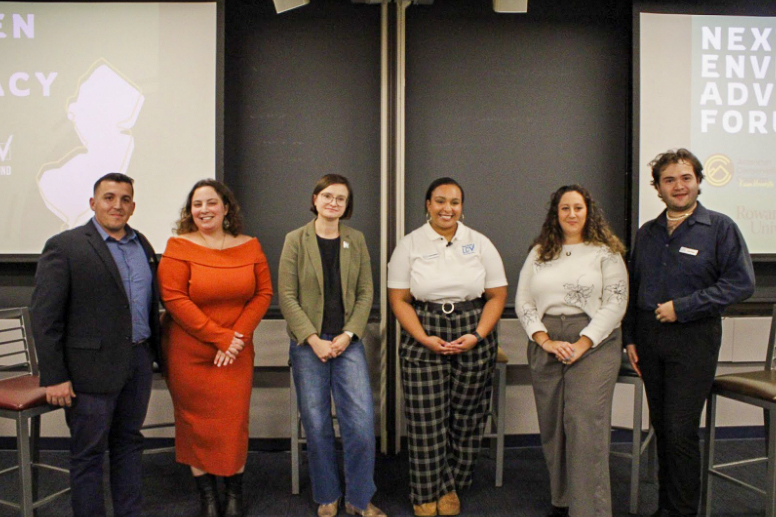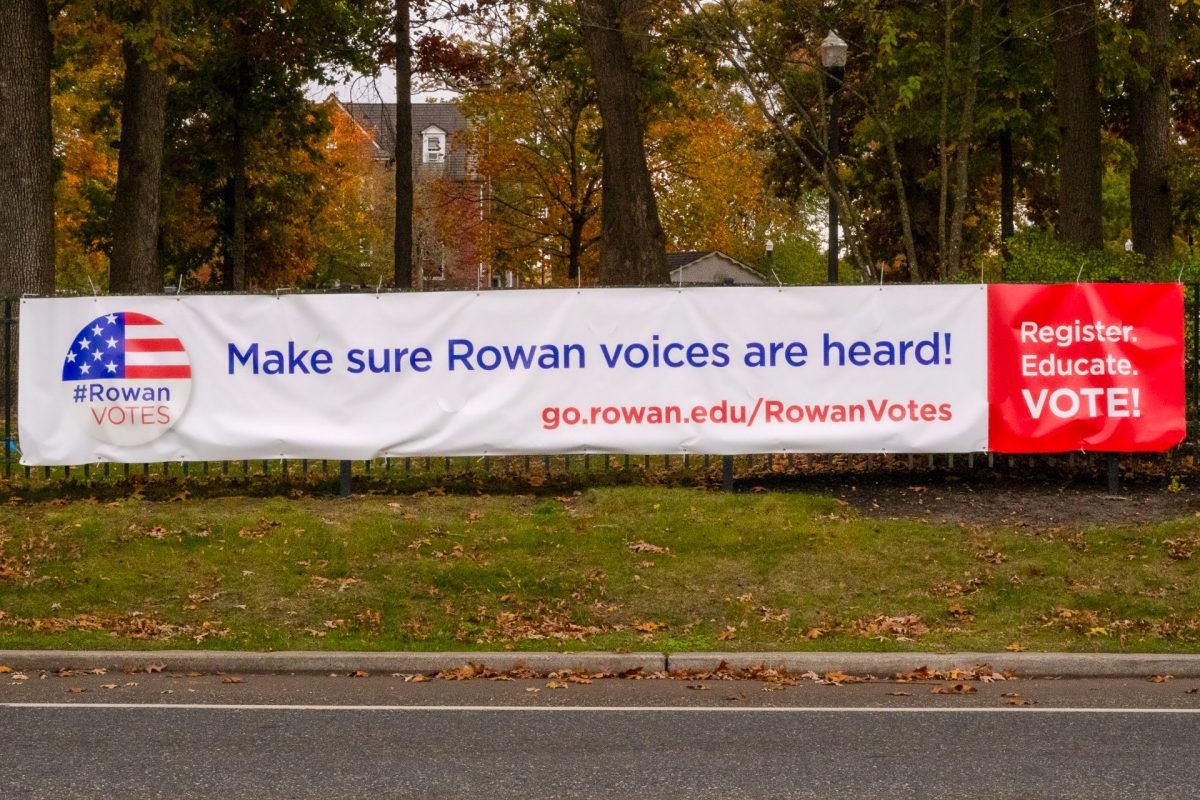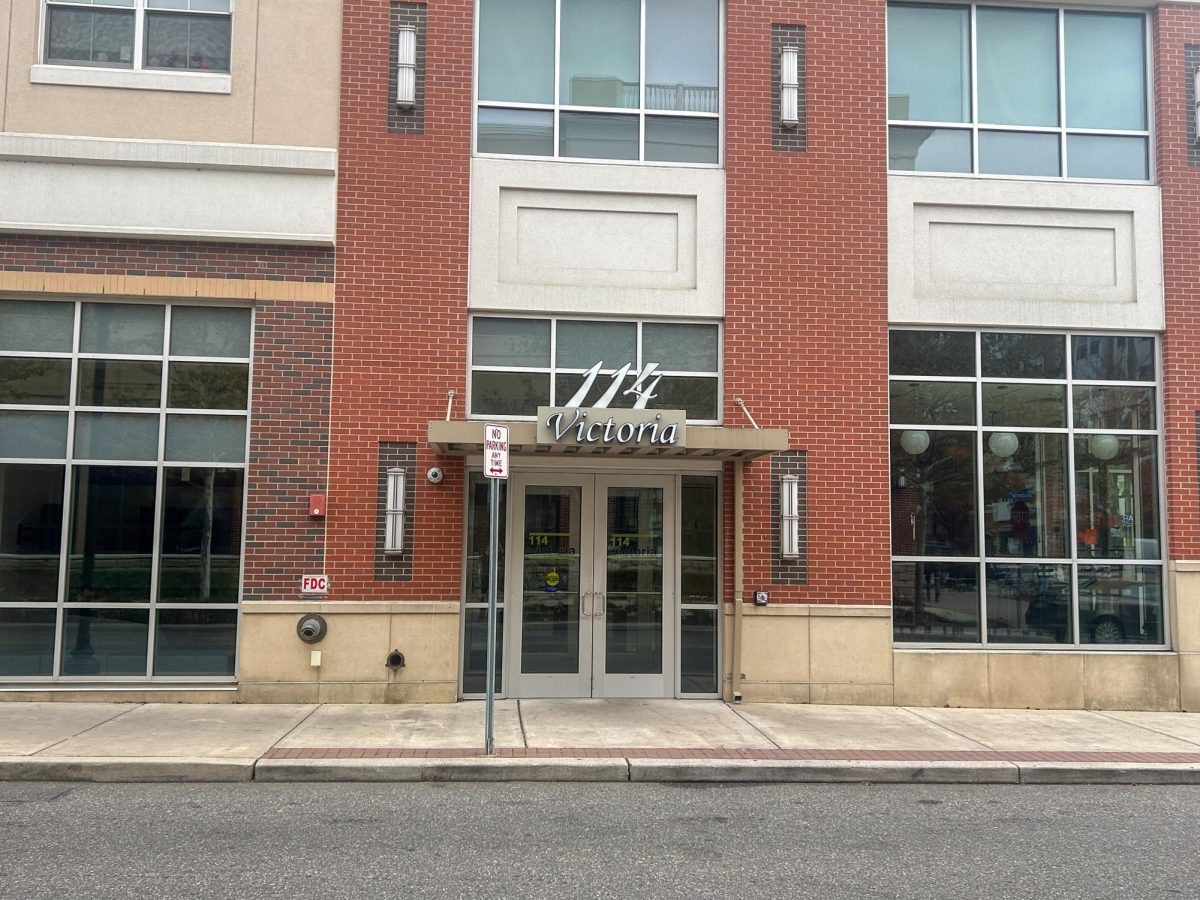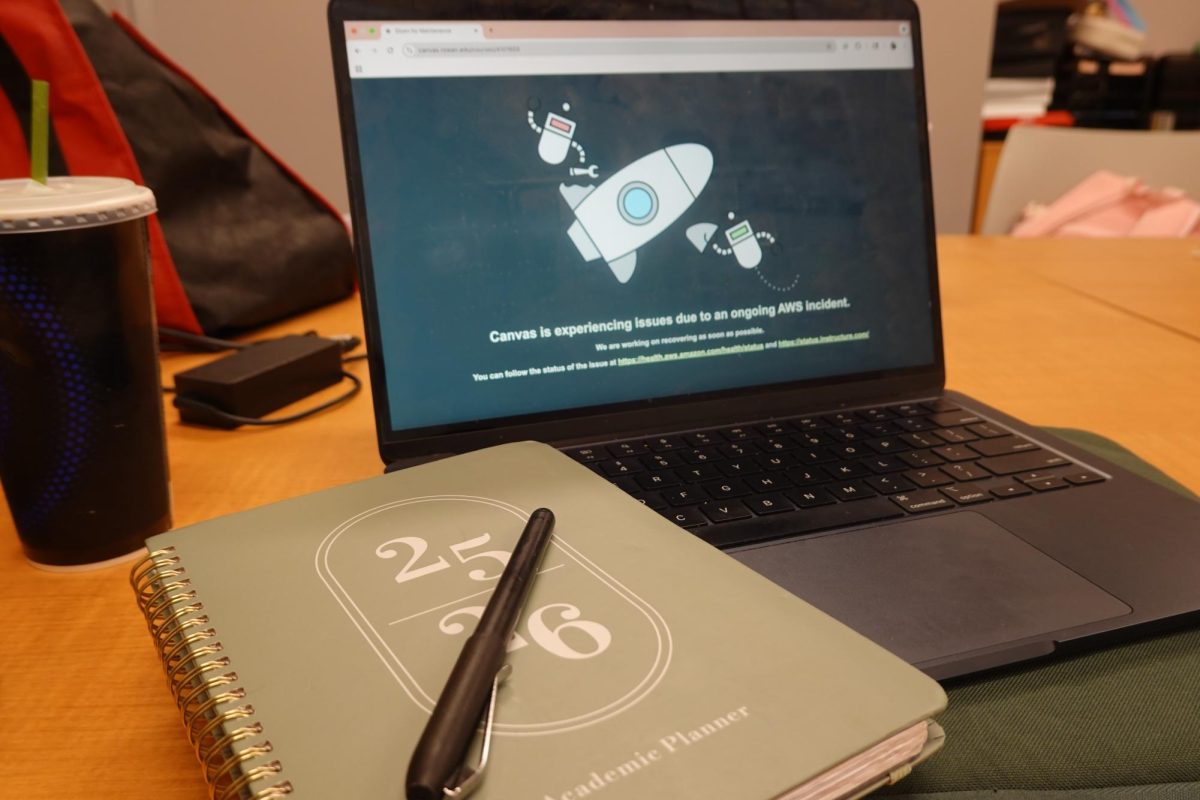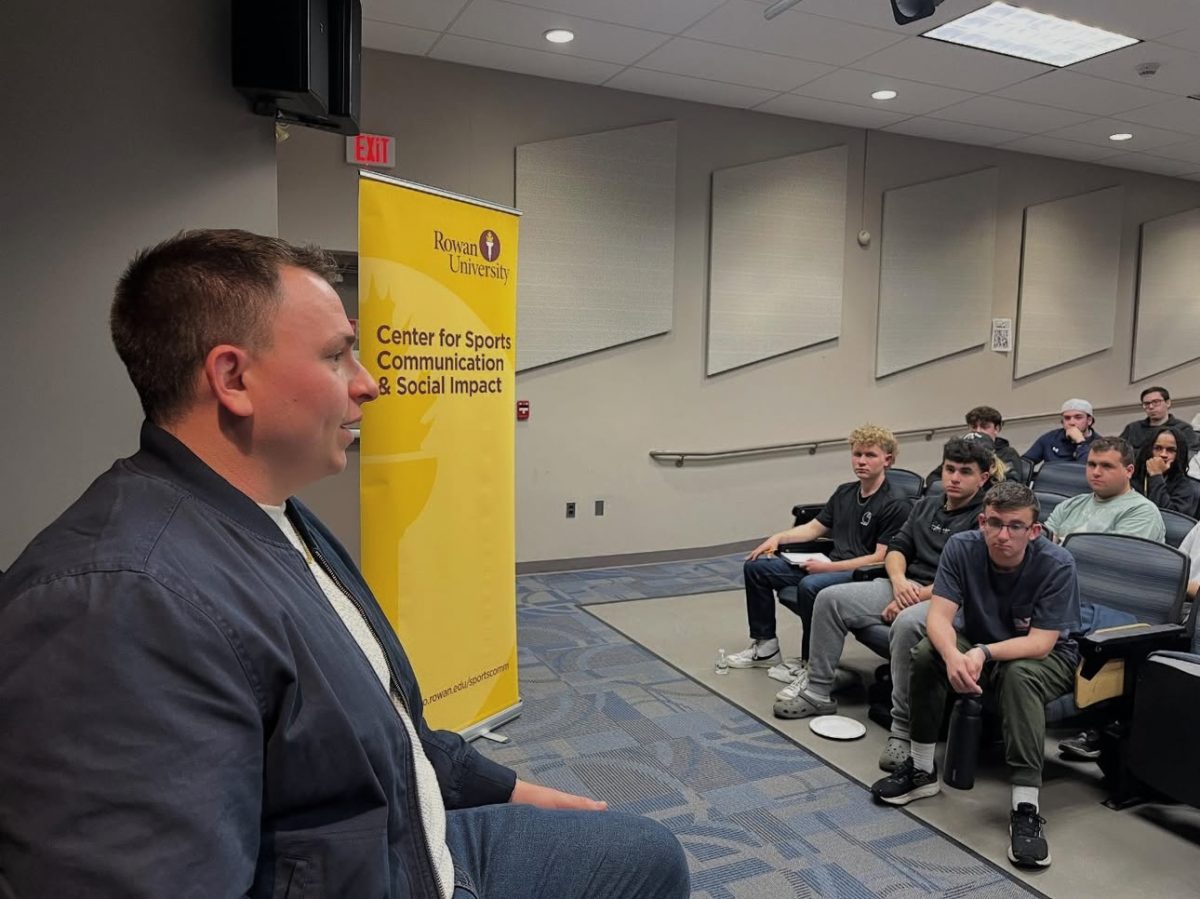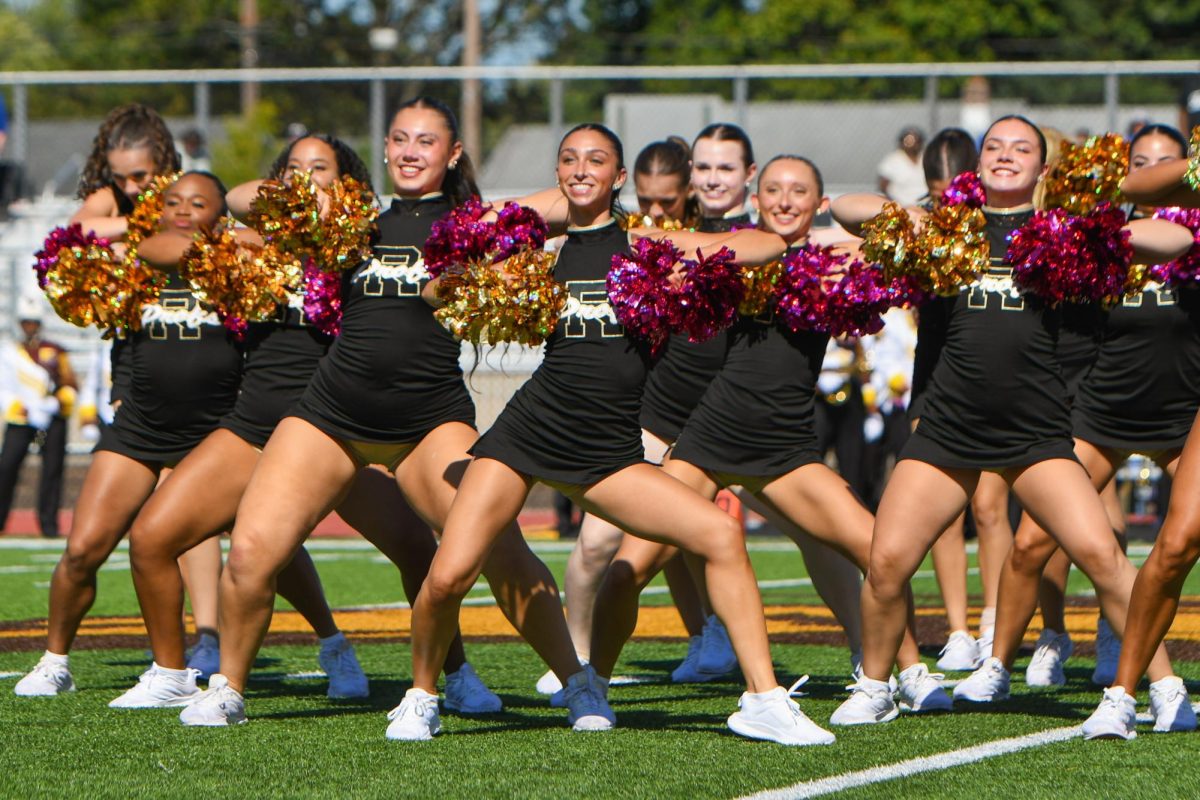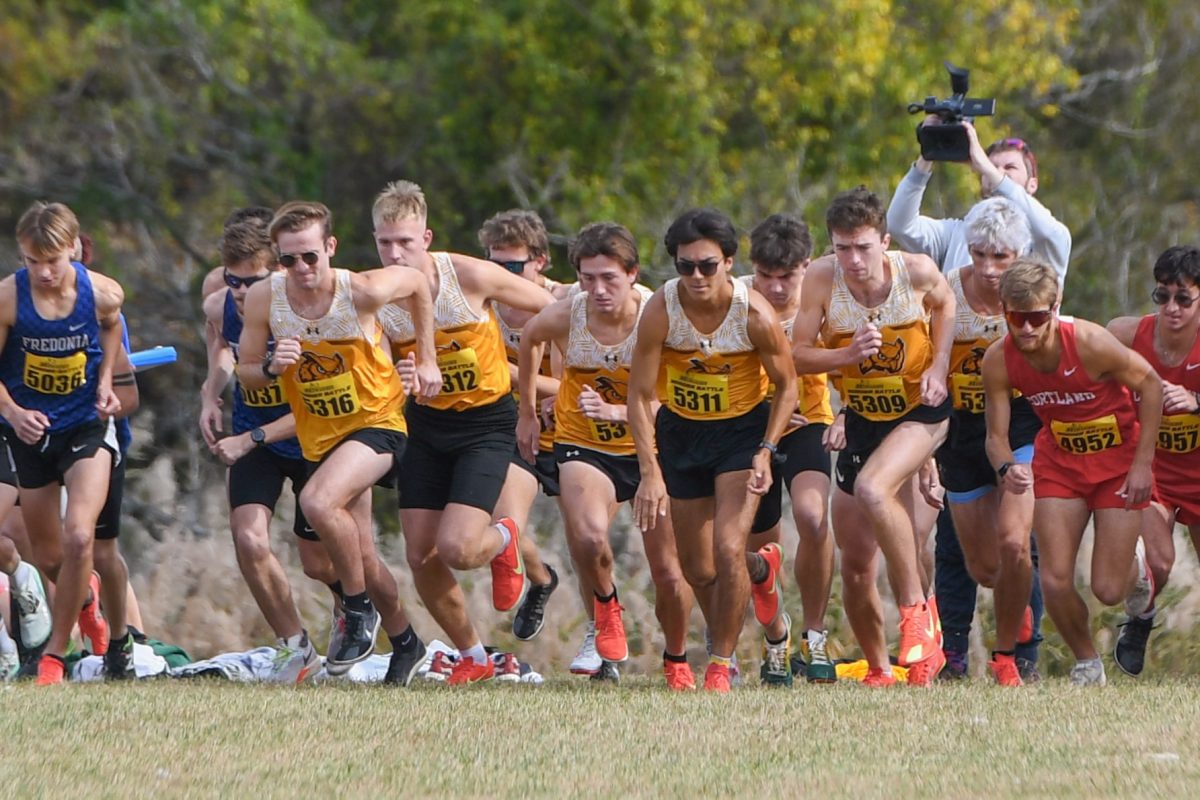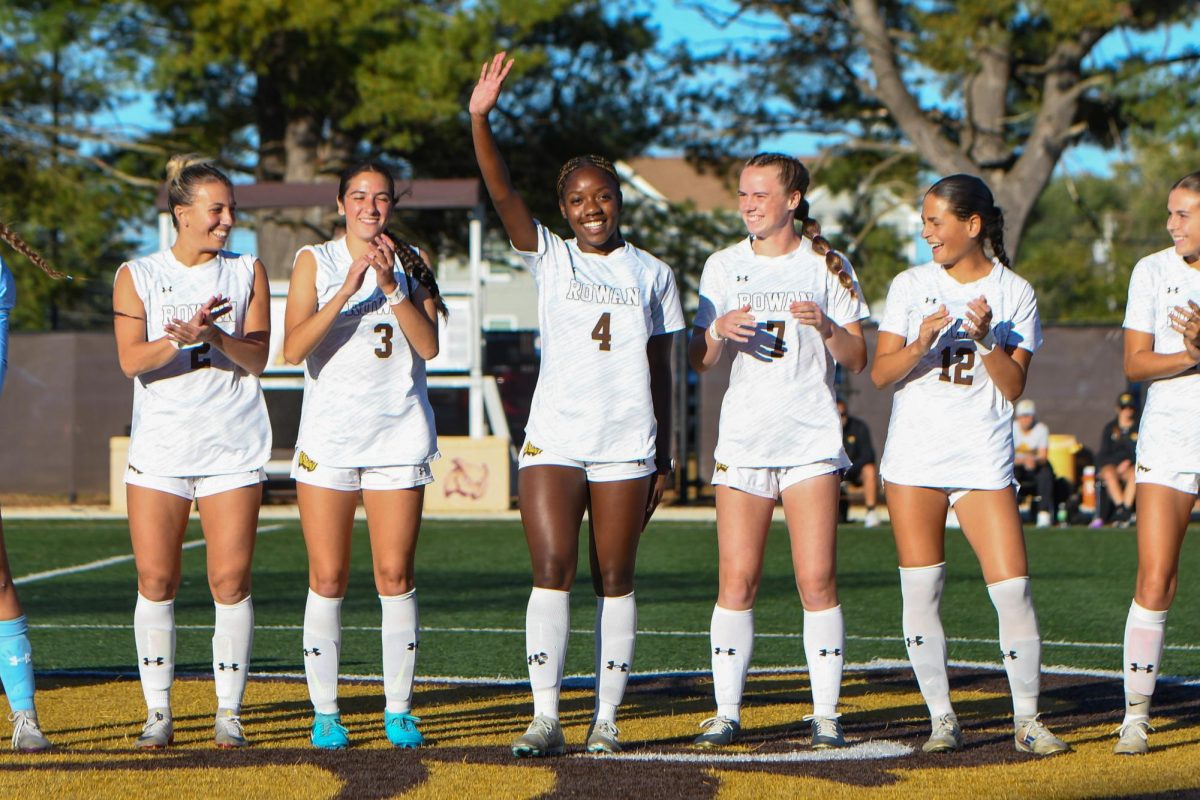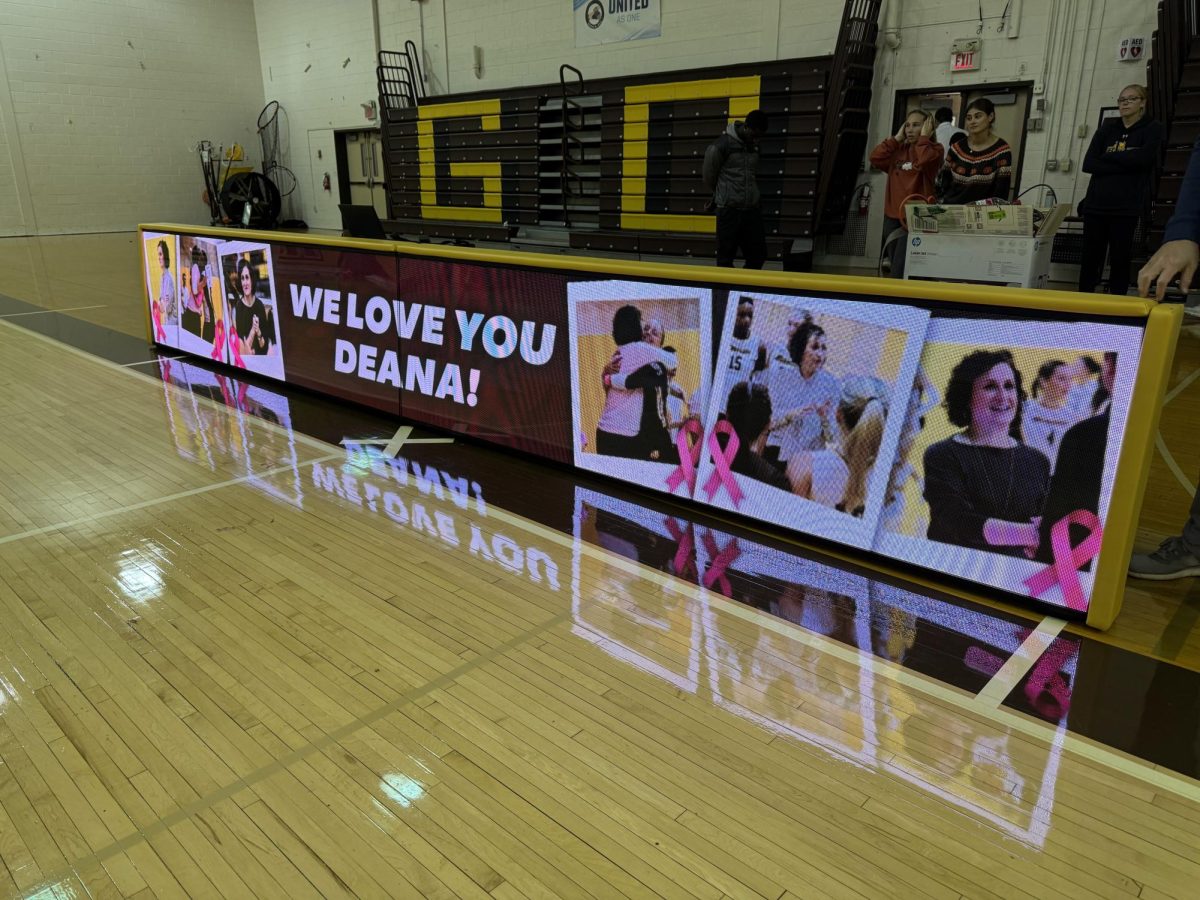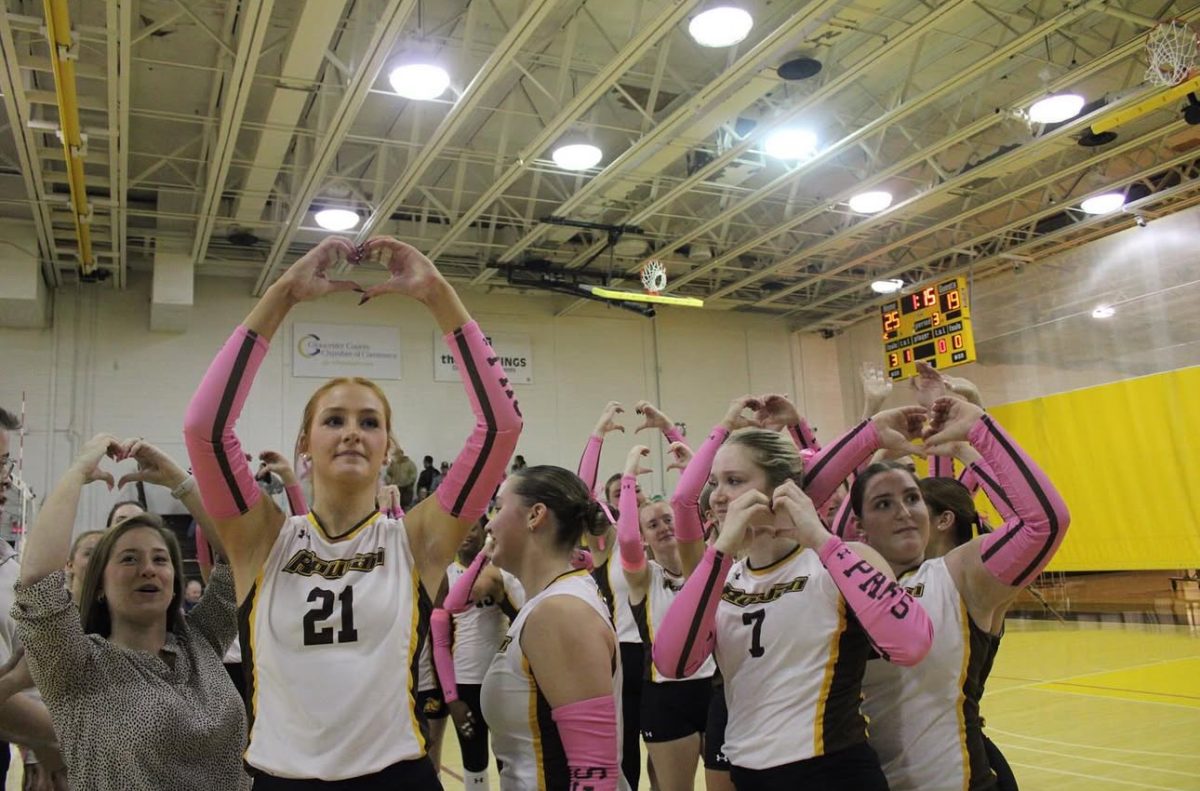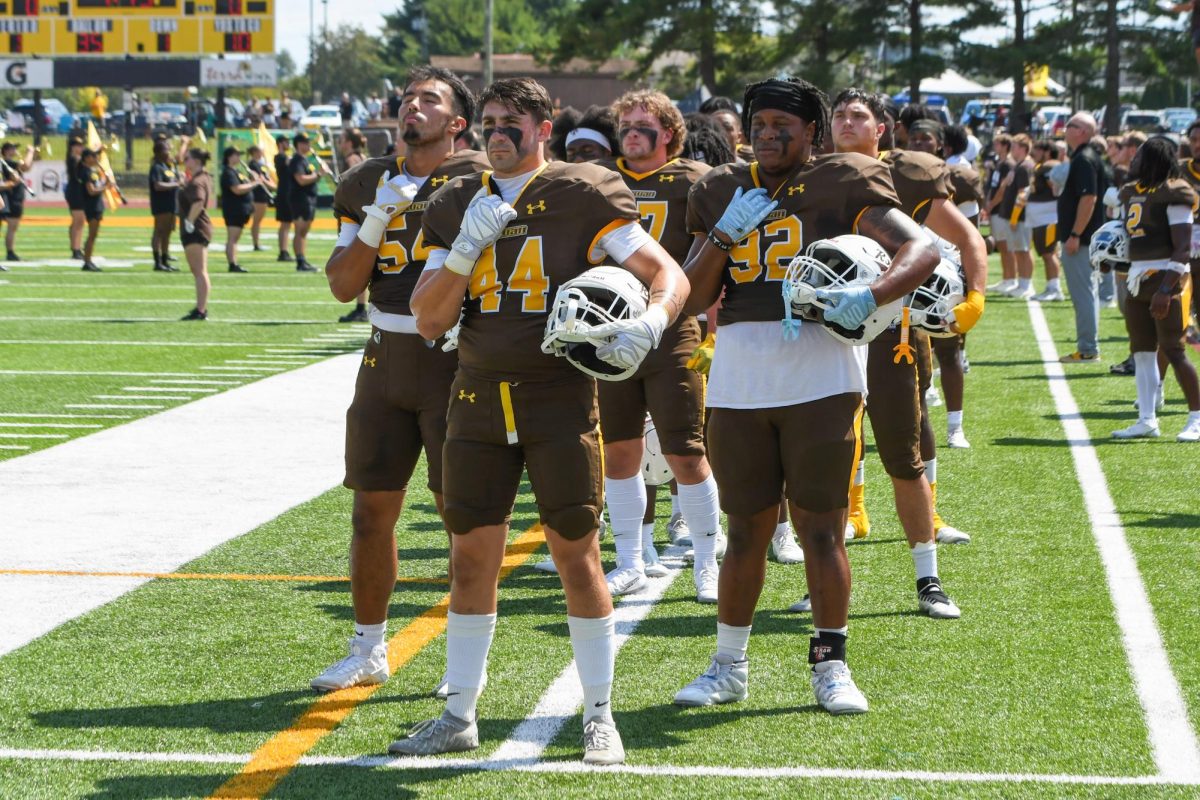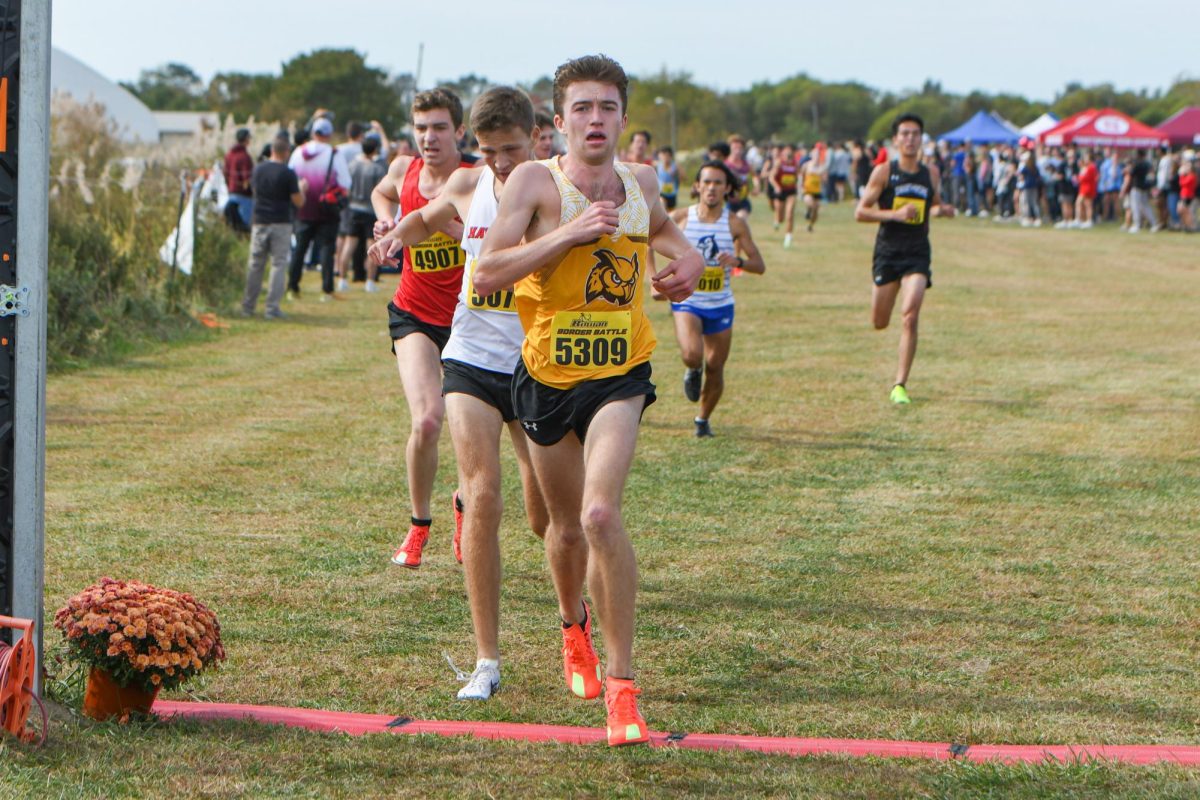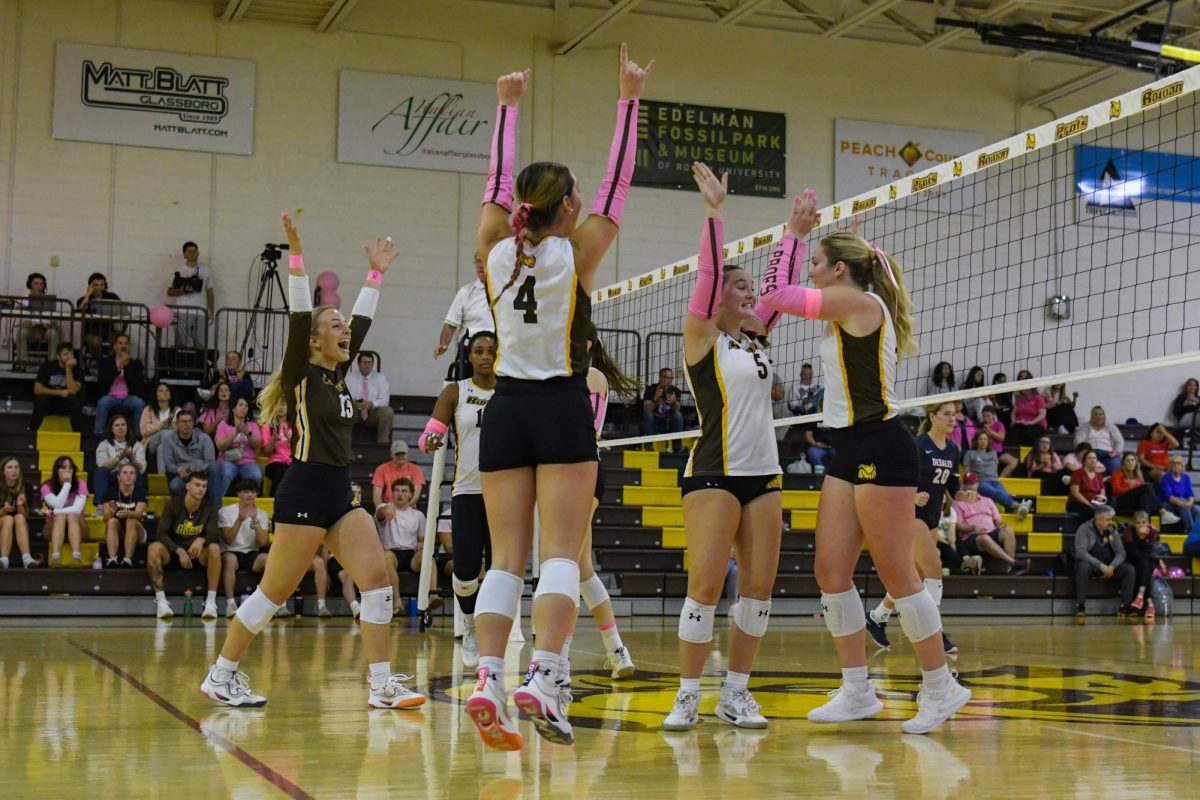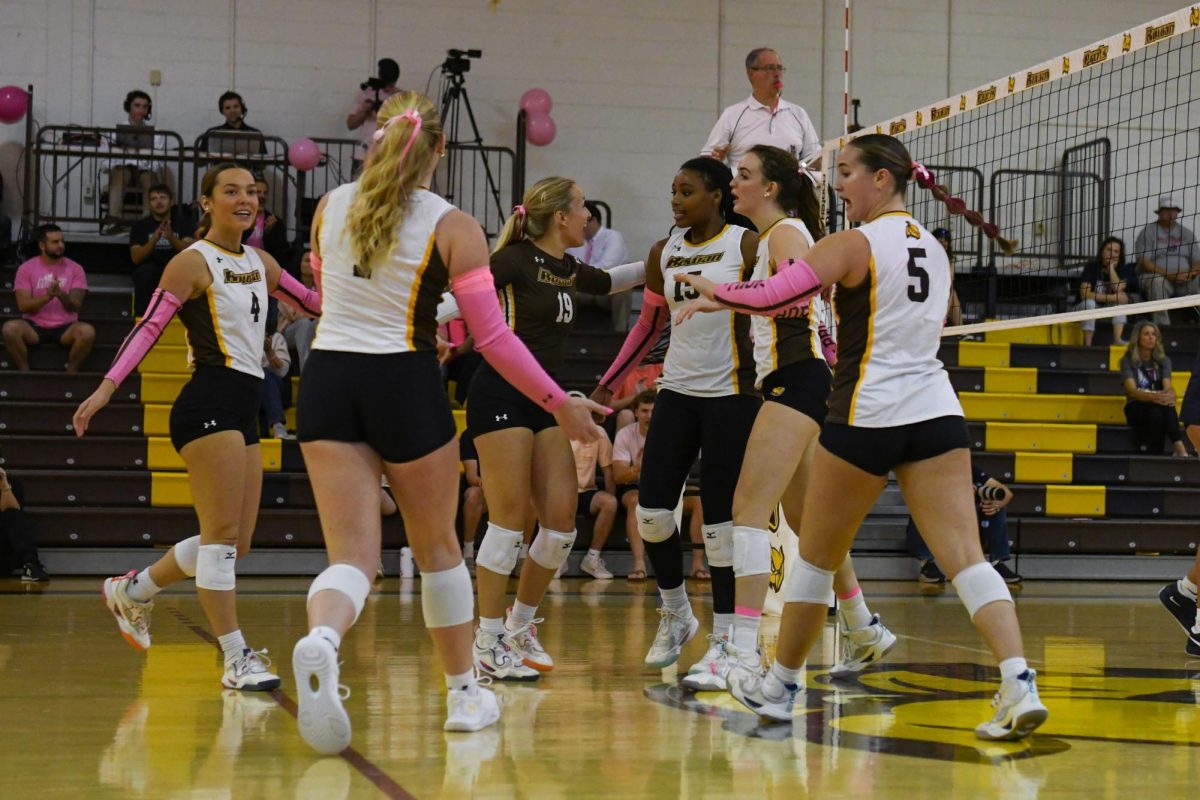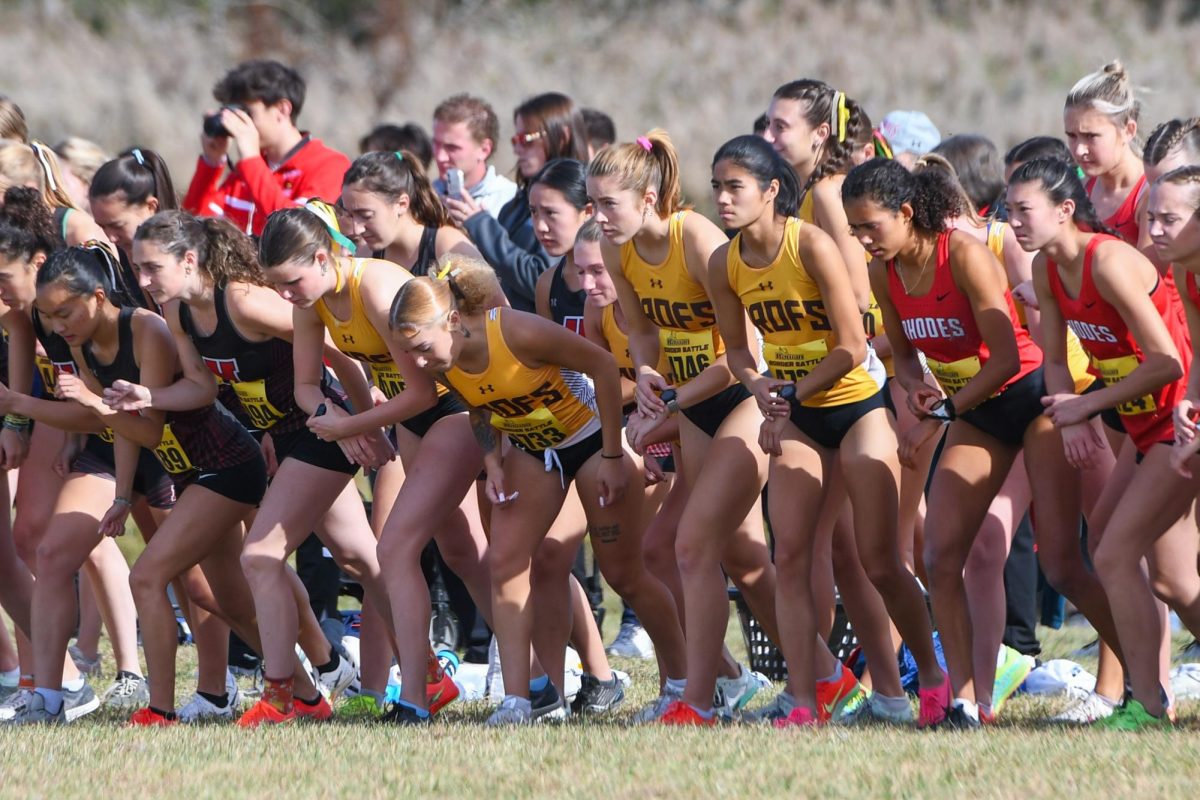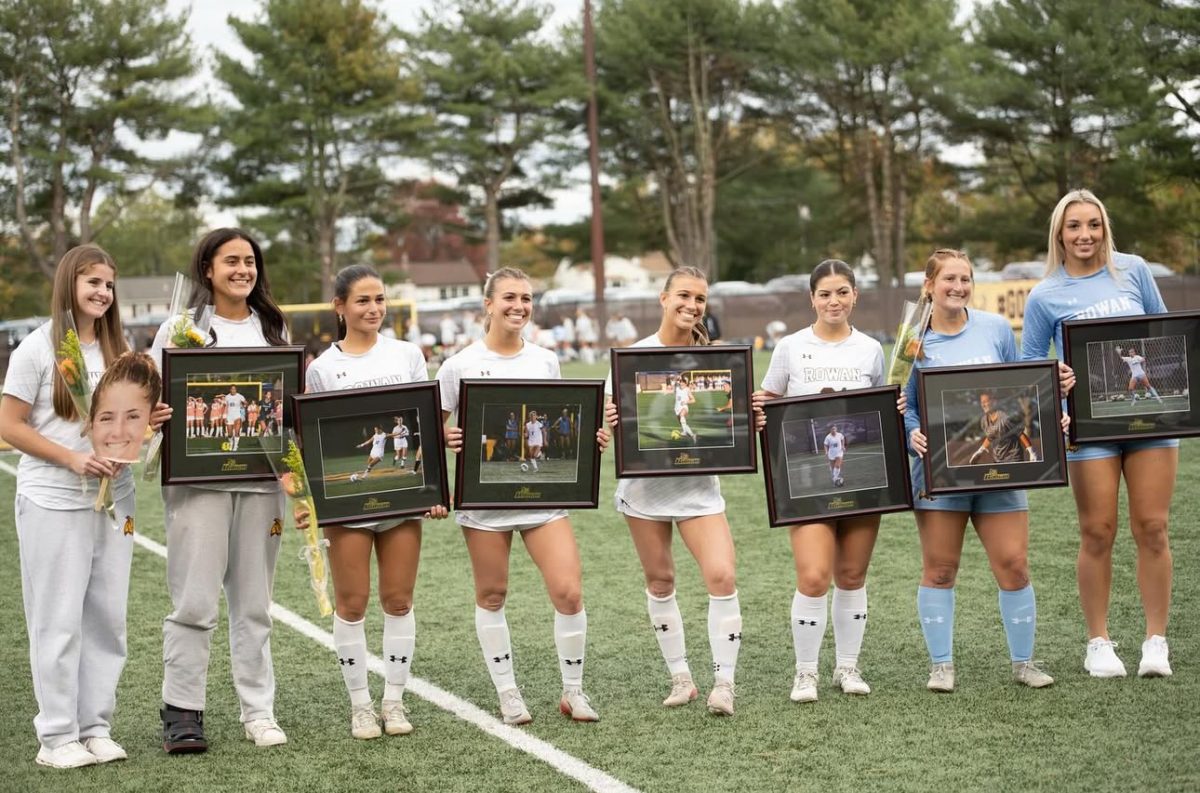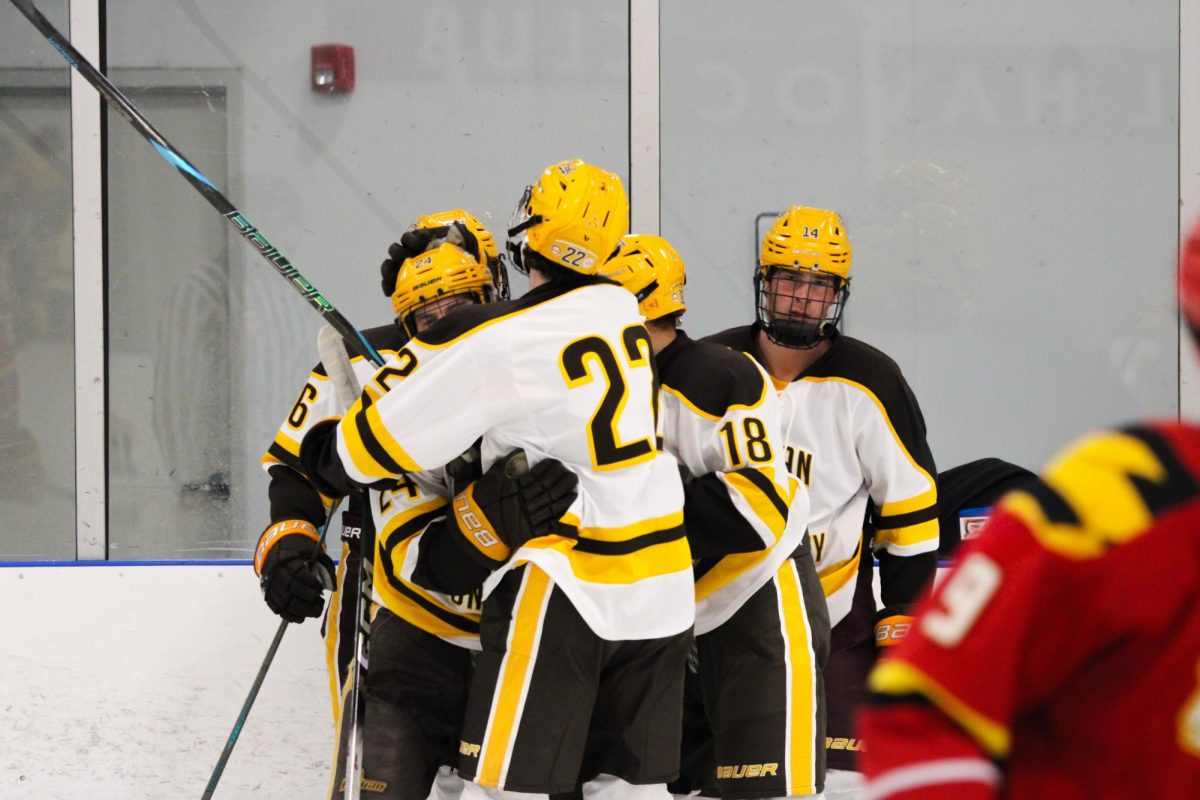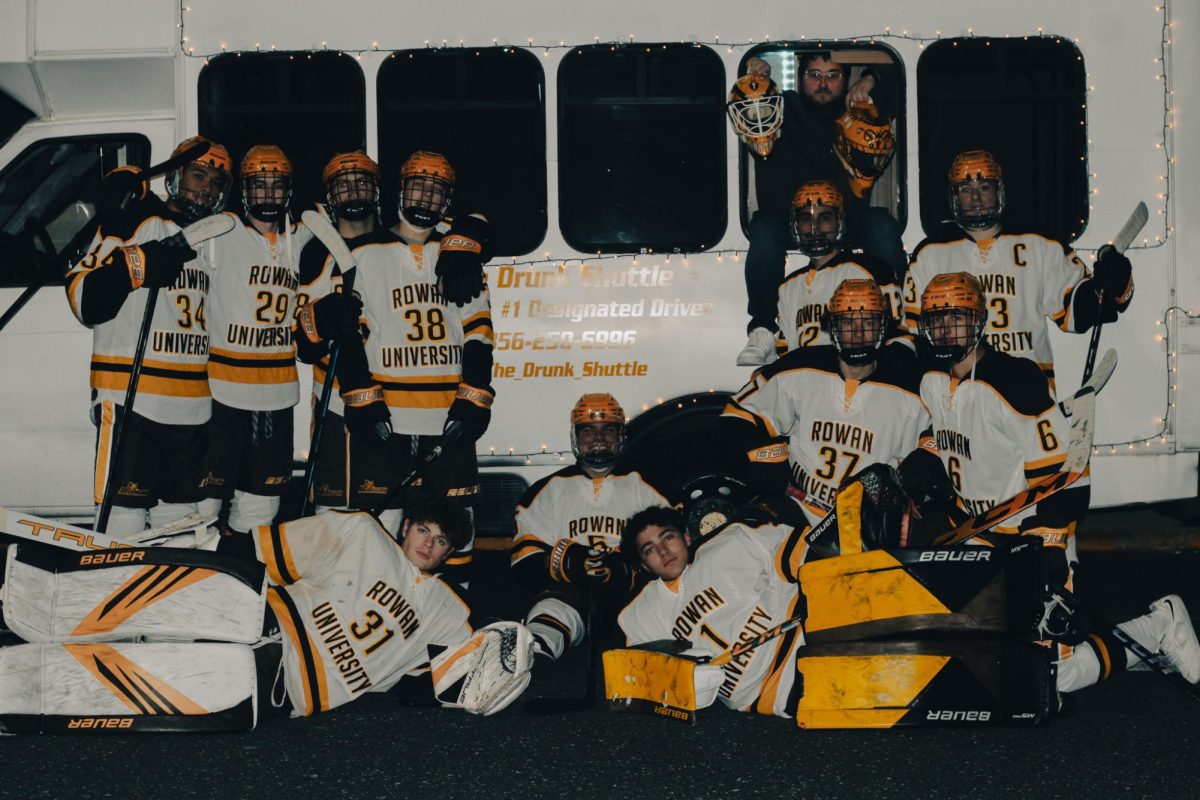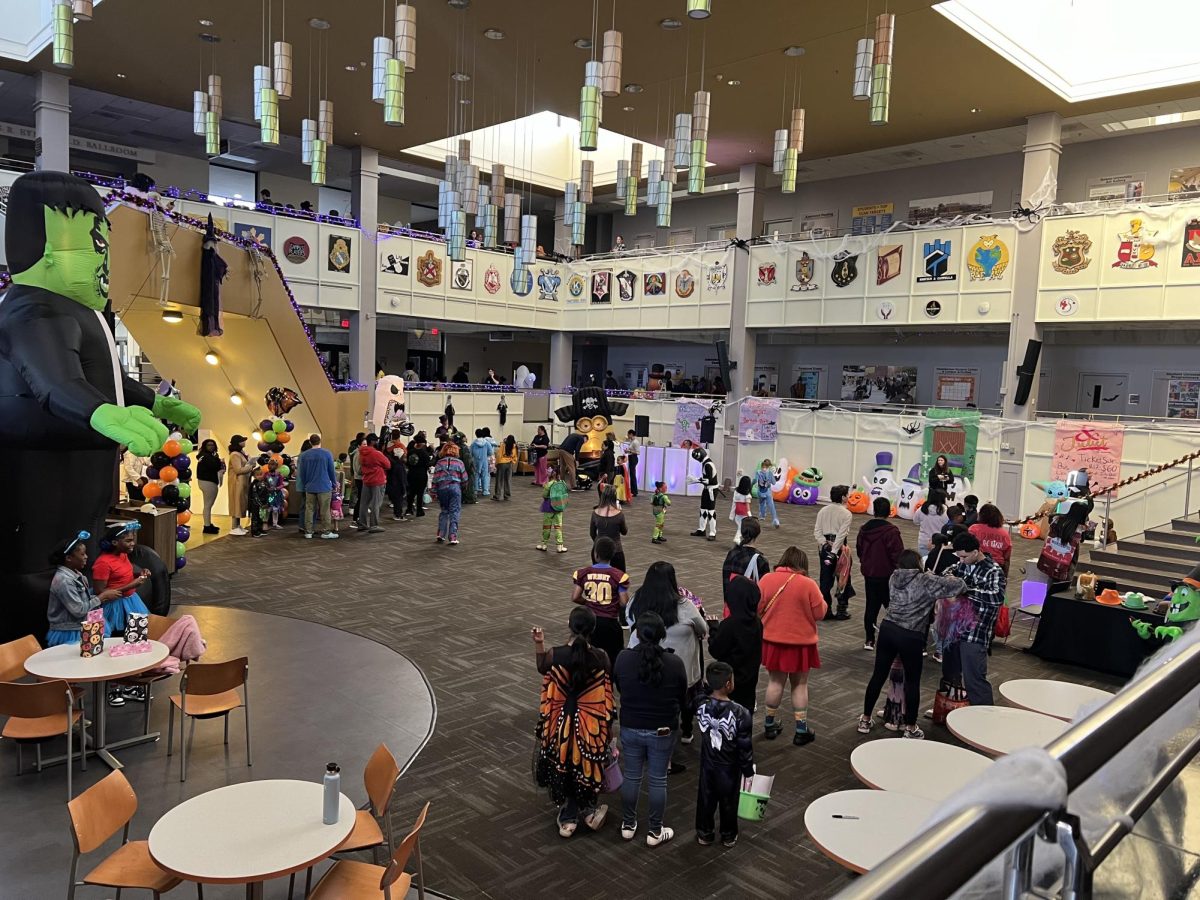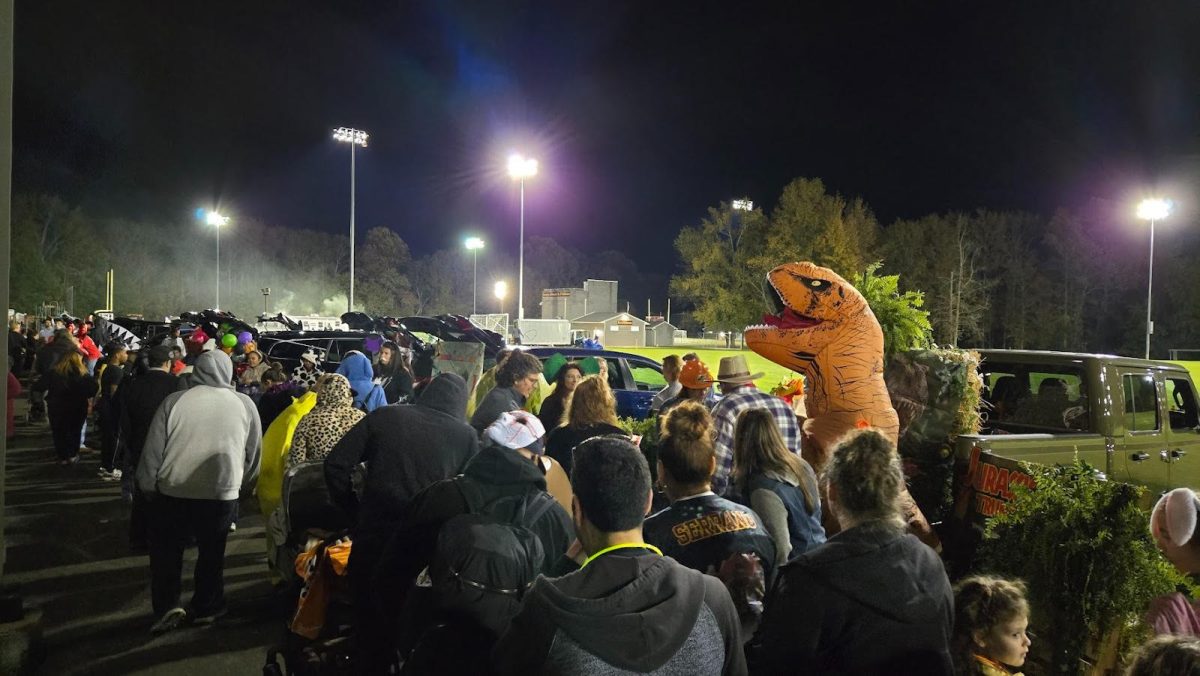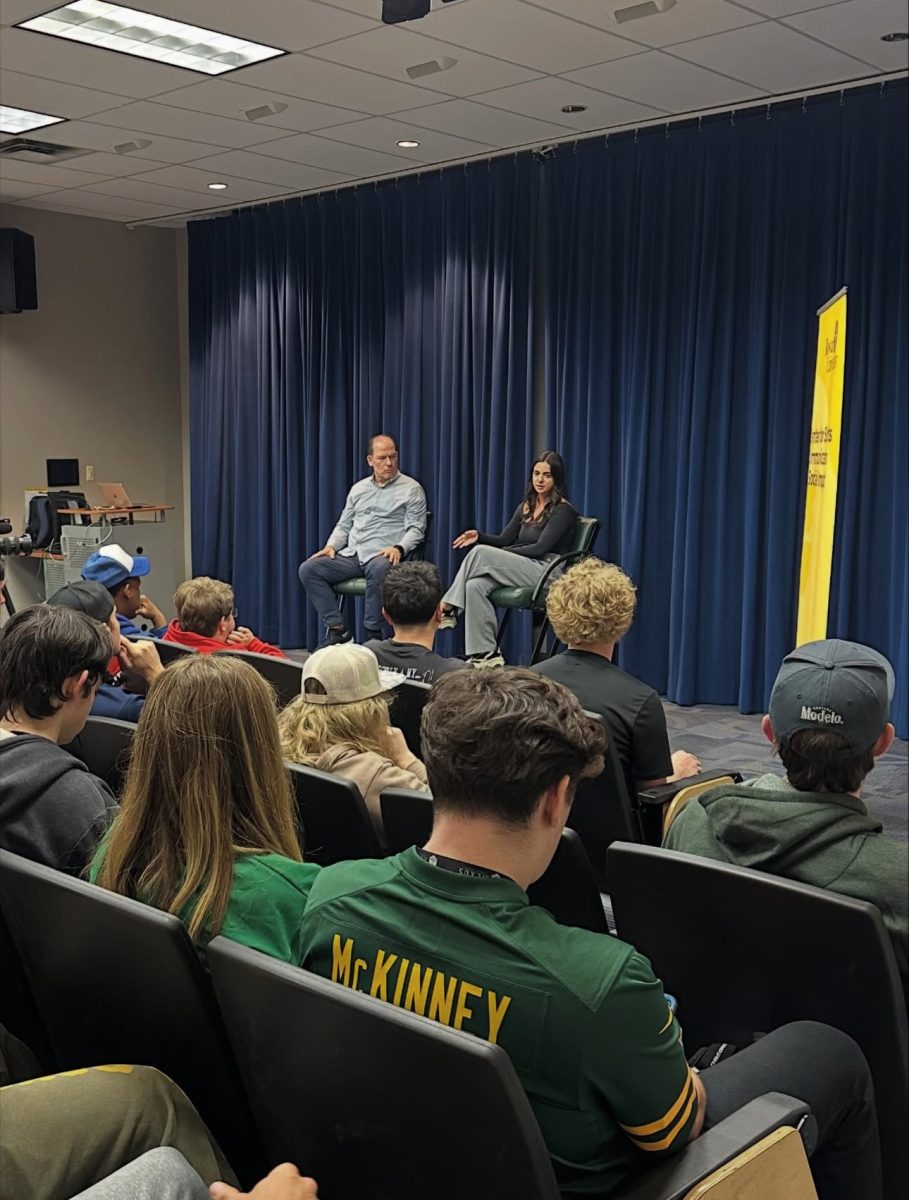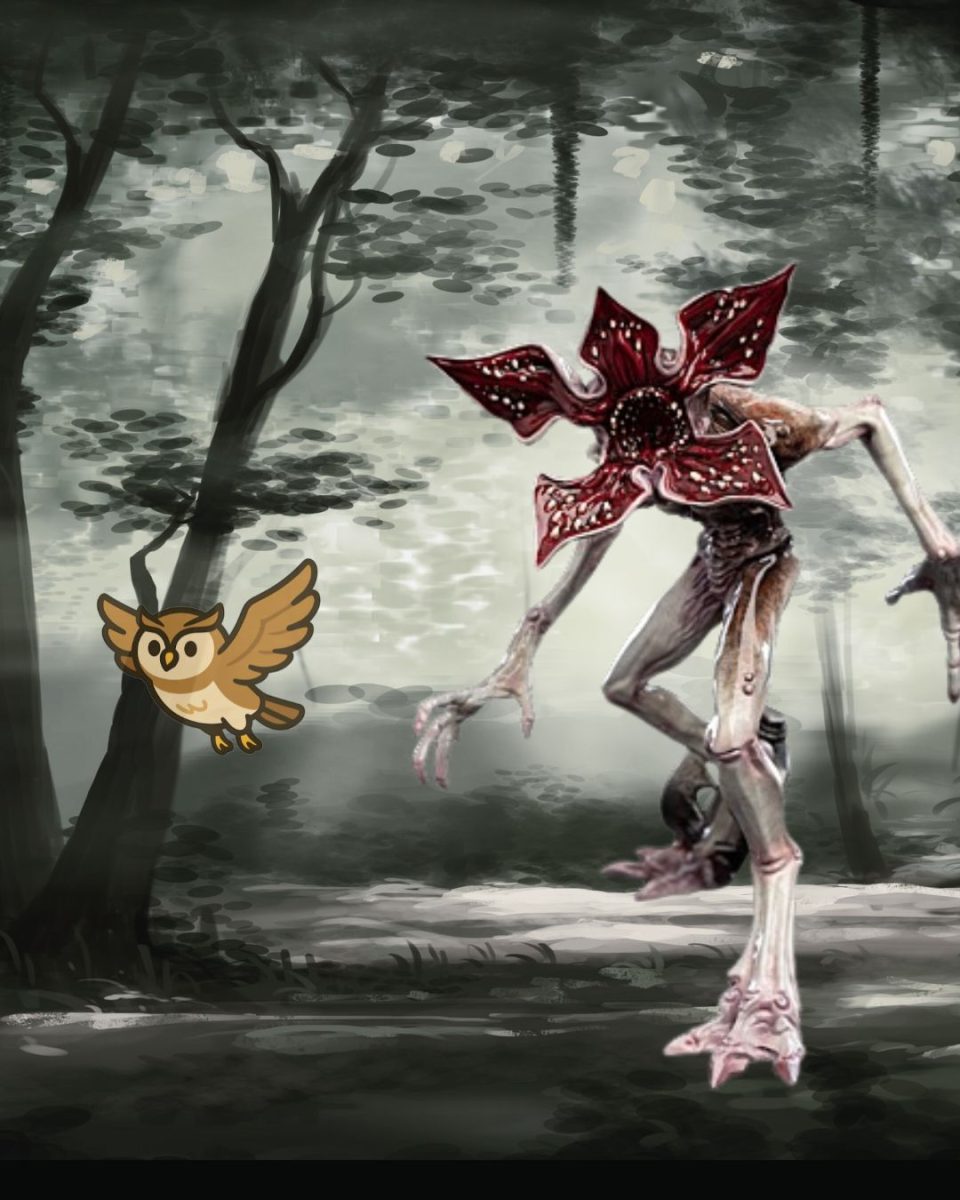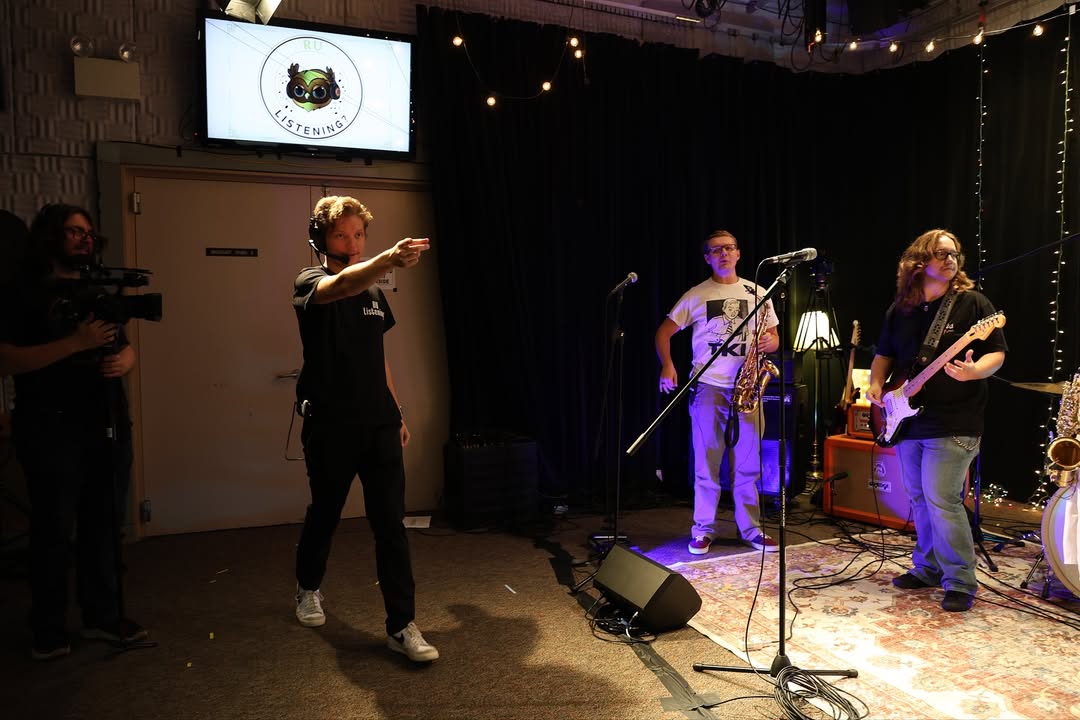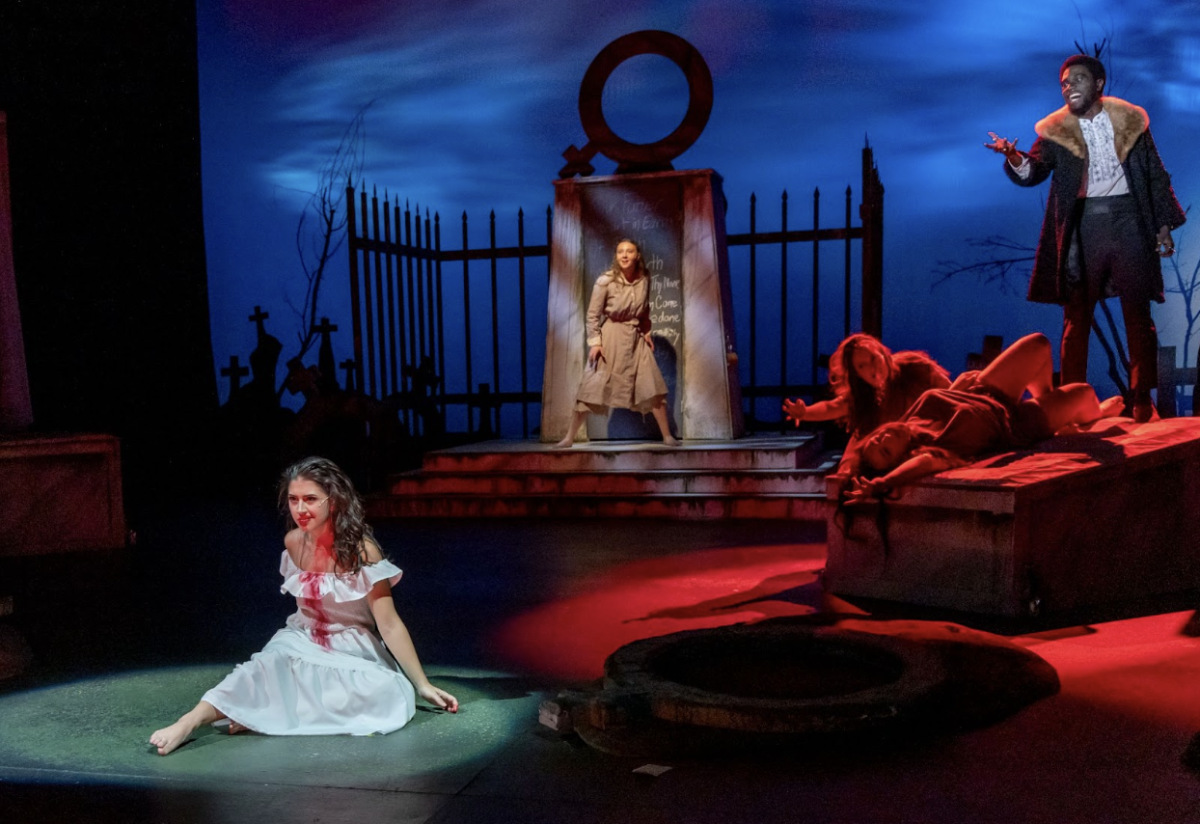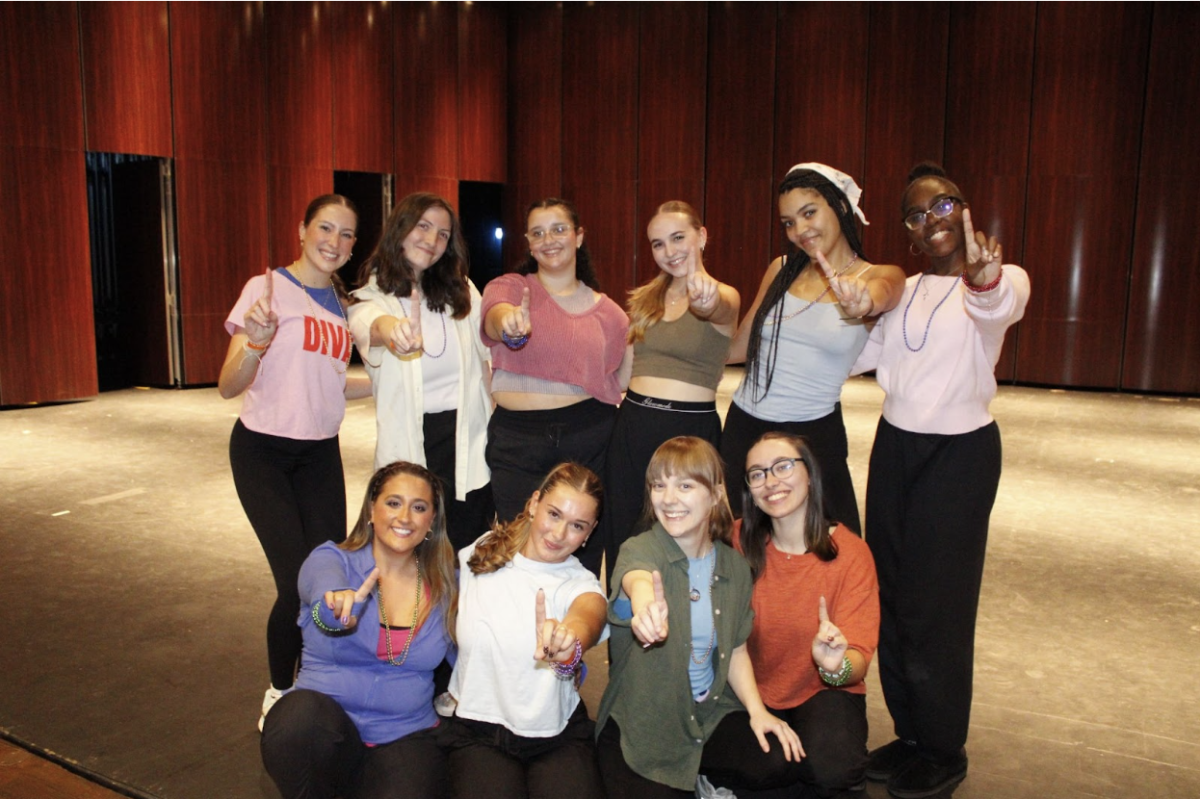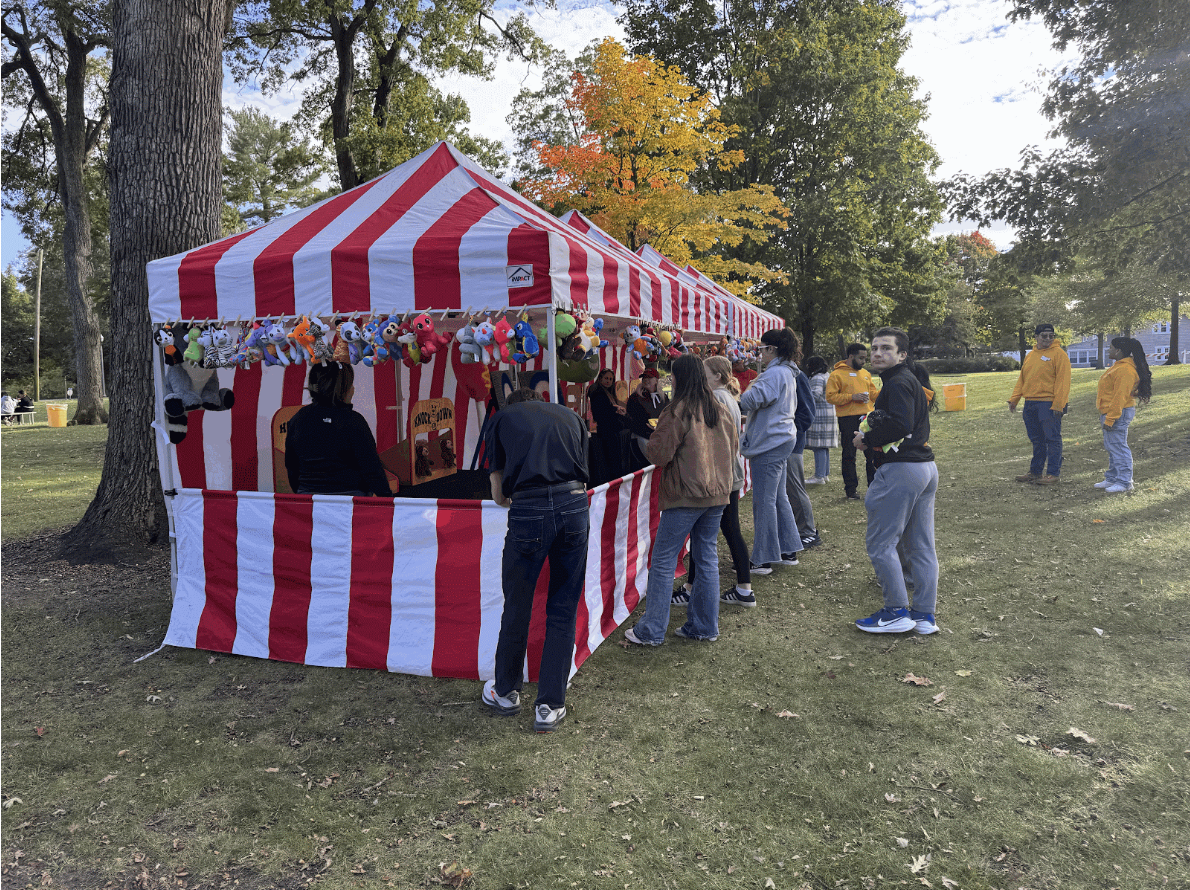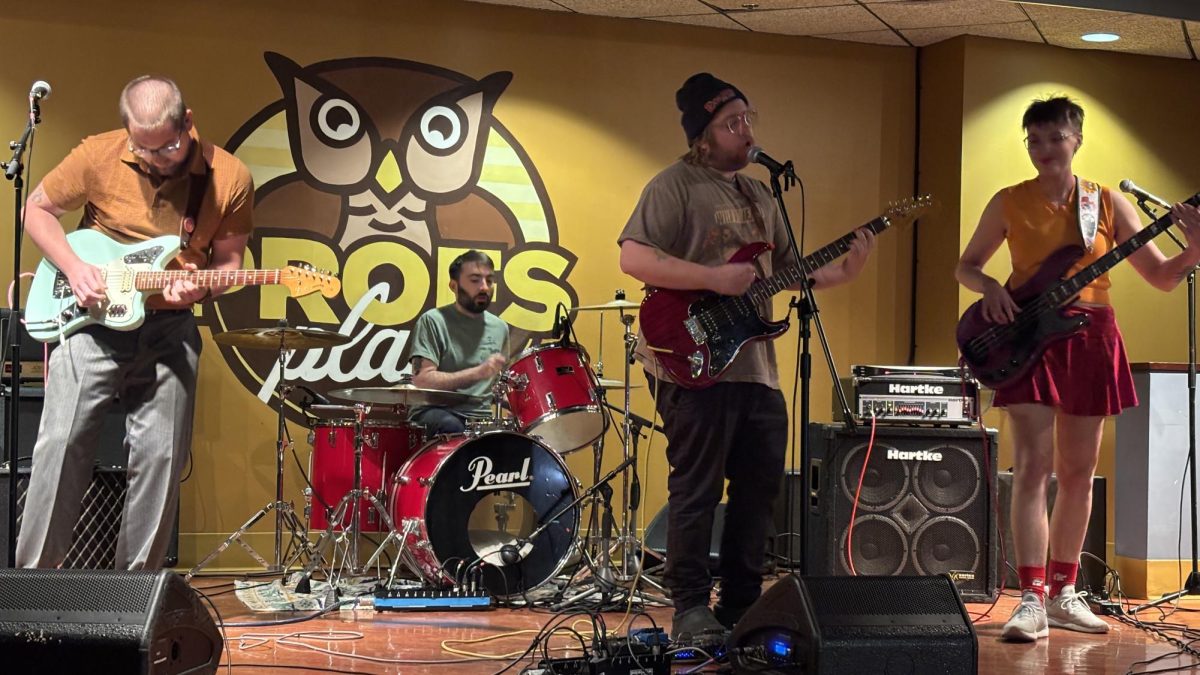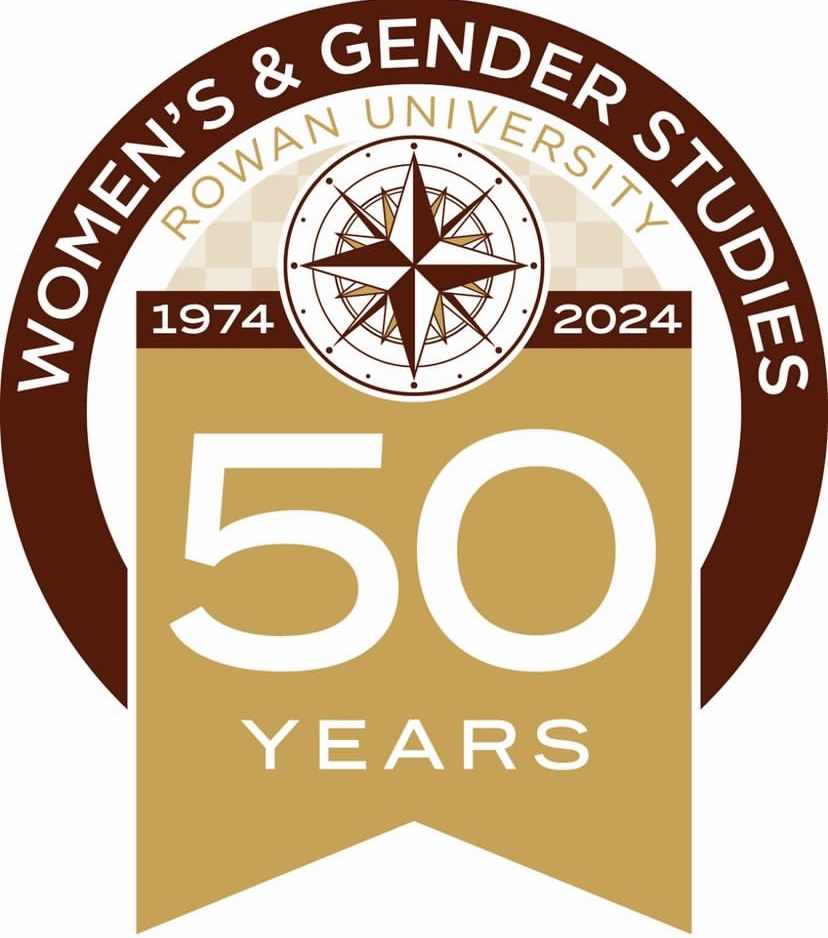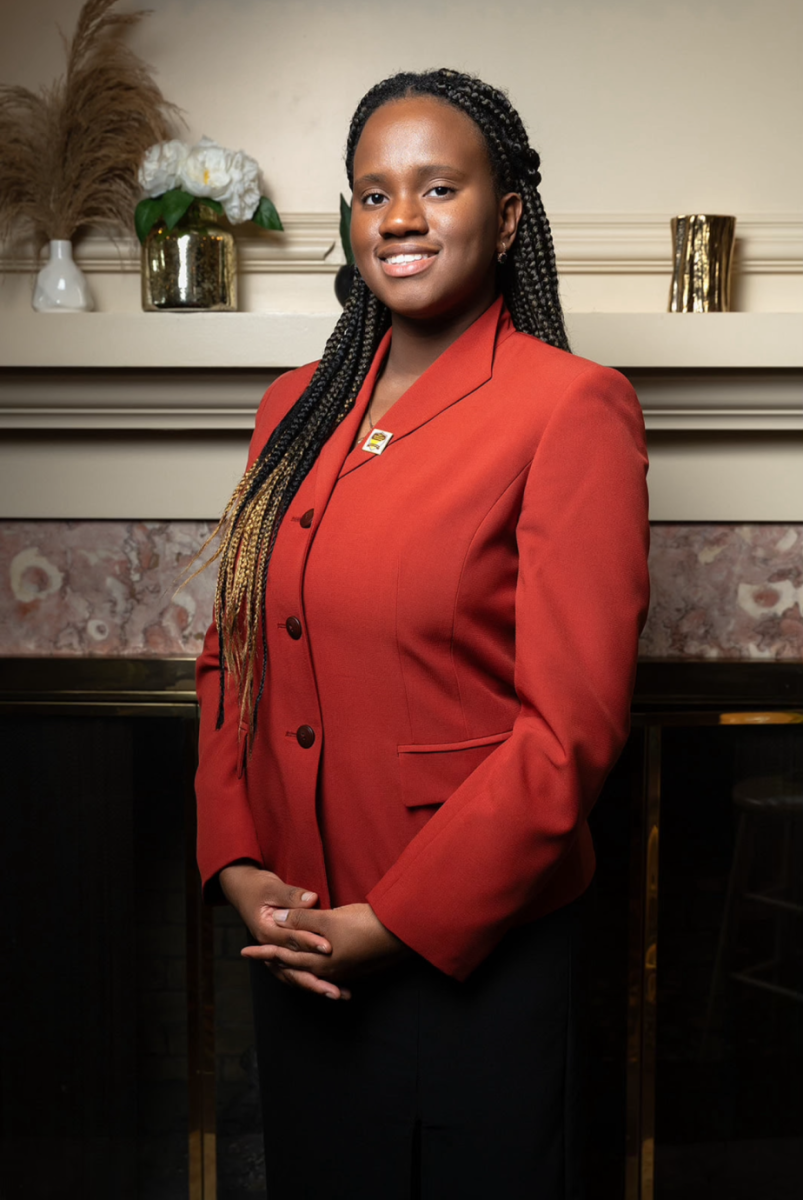2024 marked a significant milestone for the Women’s and Gender Studies (WGS) program here at Rowan University, as they are now celebrating 50 years of existence. When first brought to campus, the Women’s Studies Program, as it was previously known, was founded during the era of Second Wave feminism in the 1970’s. Trailblazers such as Dr. Pearl Bartelt amongst others, had a vision to create an environment reflecting the inclusivity of all, and the continued expansion and understanding of women’s rights.
Dr. Melissa Klapper, professor of history and coordinator of the Women and Gender Studies program, spoke about her experiences, and the program’s overall influence, challenges, and future plans.
“WGS was founded in 1974 at the height of Second Wave feminism, at a time when different groups of feminists, women and men and trans folks, were fighting on many fronts to improve the legal and economic status of women as well as the social and cultural position of women,” said Klapper. “One area where this activism took place was in the university, where women’s studies programs across the country began both to offer interdisciplinary women’s studies courses and to insist on the integration of women and gender into all fields, whether literature, science, history, or the arts.”
In the years since the birth of the program, those involved in the creation process pivoted to provide those willing to accept with a deeper understanding of gender as a whole, highlighting the importance of comprehending not only women’s issues but also gaining an appreciation for gender studies when it came to its relation with the media and place in society. The program has now expanded to include courses and information regarding sexuality, to help connect with students and ideologies in the current day.
Klapper believes that in retrospect, students in the present day currently have a deeper background understanding of gender issues, but they may not necessarily realize that there are academic courses available to them, to build on that foundational knowledge.
“We now offer not only a minor but also two Certificates of Undergraduate Studies [CUGS], one in Women, Gender, and Media and one in Women, Gender, and Society. We are always adding new course offerings and now have courses from more departments across the university. Today’s students sometimes come to know more about gender and feminism than in previous generations, but they do not always realize that there is an academically rigorous field of WGS that they can study in college. On the whole, feminism is much more diverse than it used to be. Our course offerings reflect this, with new courses on sexuality and queer theory, for instance,” said Klapper.
The founding and continued expansion of the WGS program is a direct reflection of those involved. The founders of WGS saw the need for a discourse in which there was a study of women’s and gender studies. However, they’re not alone in this. Since Klapper’s involvement in the WGS program, she has personally seen students, alumni, and other departments assist in spreading the message throughout the community.
“WGS has greatly expanded its academic offerings since I first came to Rowan in 2001 and is committed to continuing to do so. While the program used to cluster its programming during Women’s History Month, for many years now we have been committed to sponsoring all kinds of programs throughout the academic year, both on our own initiative and in partnership with other campus organizations, offices, and departments. As just one example, we have partnered with the Department of Music several times to stage ‘Let Their Voices Be Heard,’ concerts featuring music and songs by composers from historically marginalized communities,” said Klapper.
Despite the impressive milestones, the program has not operated without hurdles and obstacles to overcome.
“Because WGS is an interdisciplinary program and not a department, there have sometimes been bureaucratic challenges to growth, but that has been much less of a problem over the last decade or so given the consistent support of a number of deans of Rowan’s various colleges and schools. Fortunately, here in New Jersey and at Rowan we have seen very little of the politicized backlash that has drastically threatened WGS in other places, but there’s no guarantee and we keep ourselves informed about what is going on elsewhere in terms of WGS as a rigorous, longstanding, and invaluable field of study across the world,” said Klapper.
During the 50th-year celebration of the WGS program at Rowan, Klapper organized and featured a career panel with a special guest speaker, Dr. Melissa Sanchez of the University of Pennsylvania. This exemplified the continued efforts and commitment to expand socially, and academically as well.
In the future, Klapper is looking forward to the continued expansion of the WGS program. Whether that is through more students enrolling in courses related to the topic or increased collaborations with other organizations.
“Over the next decade, we would like to see more Rowan students minoring in WGS or completing one of the CUGS, and we hope to continue to sponsor exciting events across campus. It may be a truism, but knowledge is power. At a time when political polarization is in part over ideas about gender, it is critically important to study gender issues from an academic perspective to gain the knowledge necessary to make change in the world,” said Klapper.
For comments/questions about this story DM us on Instagram @thewhitatrowan or email [email protected]

